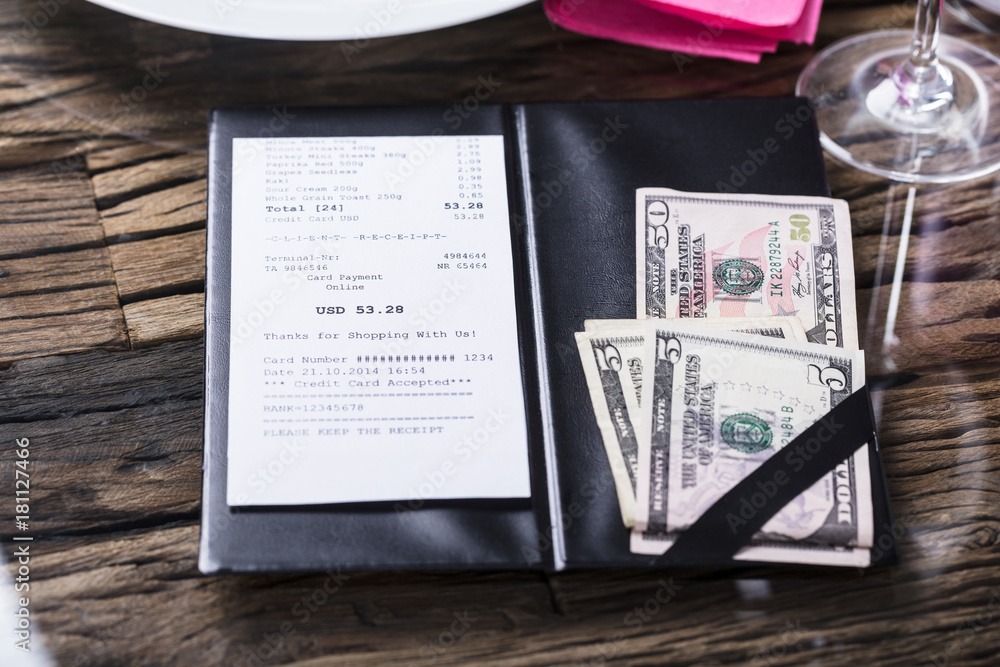A ban on ‘junk fees’ is set to take effect in July, but it is also raising concerns that it will drive up food prices.
Nonetheless, LA Koreatown business owners report challenges with customers who suspect them of applying junk fees, despite not doing so.
Starting July 1, California law SB 478 will come into effect, prohibiting hidden restaurant fees across the state, including Los Angeles.

Such surcharges, including ’employee health insurance’ and ‘kitchen appreciation’ fees, are added to food prices, significantly inflating the total cost.
The issue lies in the law potentially compelling restaurant owners to increase prices—a cost passed on to consumers—or causing unprofitable restaurants to shut down.
Conversely, Koreatown restaurateurs do not anticipate an impact from the new law, noting they are often unjustly criticized despite operating at a loss without such fees.
“There will be less than 1% of restaurants in Koreatown that charge such a fee,” said Yongho Kim, chairman of the Korean American Food Industry Association (KAFIA). “Some customers even become irritated when they see the tip guidelines, such as 18% and 20%, which are written to make it easier to calculate the tip. It’s hard to add an extra fee because some customers are sensitive to even one or two dollars, so it’s frustrating that some people think we are.”
The Korea Daily reviewed receipts from three Koreatown Korean restaurants visited on February 18, 21, and 22. All receipts listed food prices, a 9.5% tax, and tipping guidelines (18%, 20%, or 22%) without any junk fees.
“We didn’t even try to charge a small fee because it wouldn’t affect our business and it would only make us look bad in the Koreatown food industry where word of mouth spreads quickly,” said Moonkwon Ju of Jinsol Gukbap, which recently opened its third branch. “We are not considering raising the price of food at all. We’re even thinking about having a cheaper menu,” he said.
Nevertheless, some Korean-American restaurants employ tactics to increase tips, prompting caution among restaurant officials.
Jisoo Kim, 27, from Los Angeles, realized upon reviewing his receipt after a year-end company dinner at a Koreatown Korean restaurant that a tip had already been included.
“While I’m aware that an 18% tip is standard for groups of six or more, prior notice from the restaurant would have been appreciated,” she noted, “Otherwise, I might have inadvertently doubled the tip.”
Furthermore, some establishments are basing tipping guidelines on the total bill, including taxes, rather than solely on the food cost.
Additionally, some require cash payments or levy a 3% or higher fee for card transactions, thereby transferring the burden of high credit card fees to customers.
In California, it’s legal to impose a fee on credit card payments as long as it’s disclosed to customers upfront; failing to do so is illegal.
Park, an anonymous restaurant owner, observed, “Card payments now constitute 95%-108% of our sales, unlike the cash-dominant era 5-10 years ago. While card companies advise passing the fees onto customers, and the temptation exists, it’s still not an easy choice.”
BY SUAH JANG, HOONSIK WOO [jang.suah@koreadaily.com]





